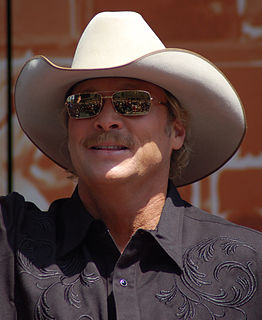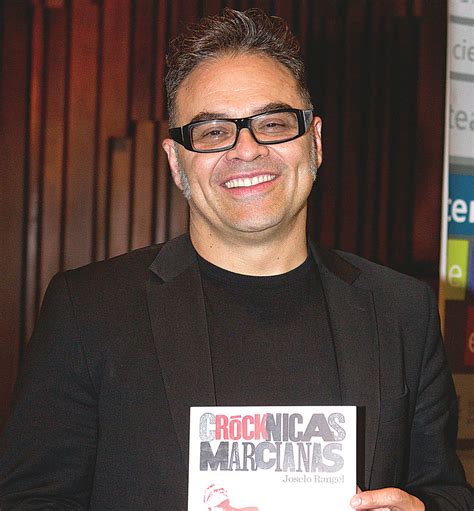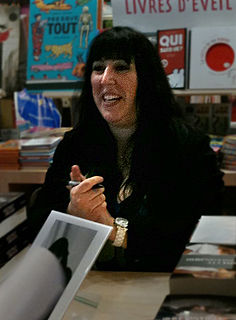A Quote by Lee Unkrich
When people think of Mexican music, they most often think of mariachi, and that, of course, is one part.
Related Quotes
You think about people like Hank Williams, who stood on that spot of wood, and Mr. Acuff, and, of course, George Jones. And just about anybody you can think of who has made country music has been on that stage. That's what makes you so nervous - to think about the historical part of the Opry and how it's played such a part in country music.
I'm not sure how each one of us sees ourselves in the band, but we're being part of this ritual of identity where people see Café Tacvba as something Mexican, as a representation of the Mexican. The songs, the music, the energy given in a concert. Sometimes I question that there's not much decision from our part, like there's something that leads us to this. Something beyond.
So as I think back on it now, I think it is safe to say that music is something you both hear and feel. I also realize that feelings change frequently and that for the most part, they are not a constant. They change from high to low, happy to sad, content to ecstatic and back down again. Not all music has the same purpose, but most music makes you feel "something.
I'm very much inspired by the Latin music, especially the romantic boleros. Not that when I sit to write a play I listen to boleros. But I think it's part of my DNA, it's part of my upbringing. I grew up in a house where this is the kind of music my parents used to listen to. This is the kind of music I would even hear in my neighborhood. I think that sort of romanticism is part of the culture.






































